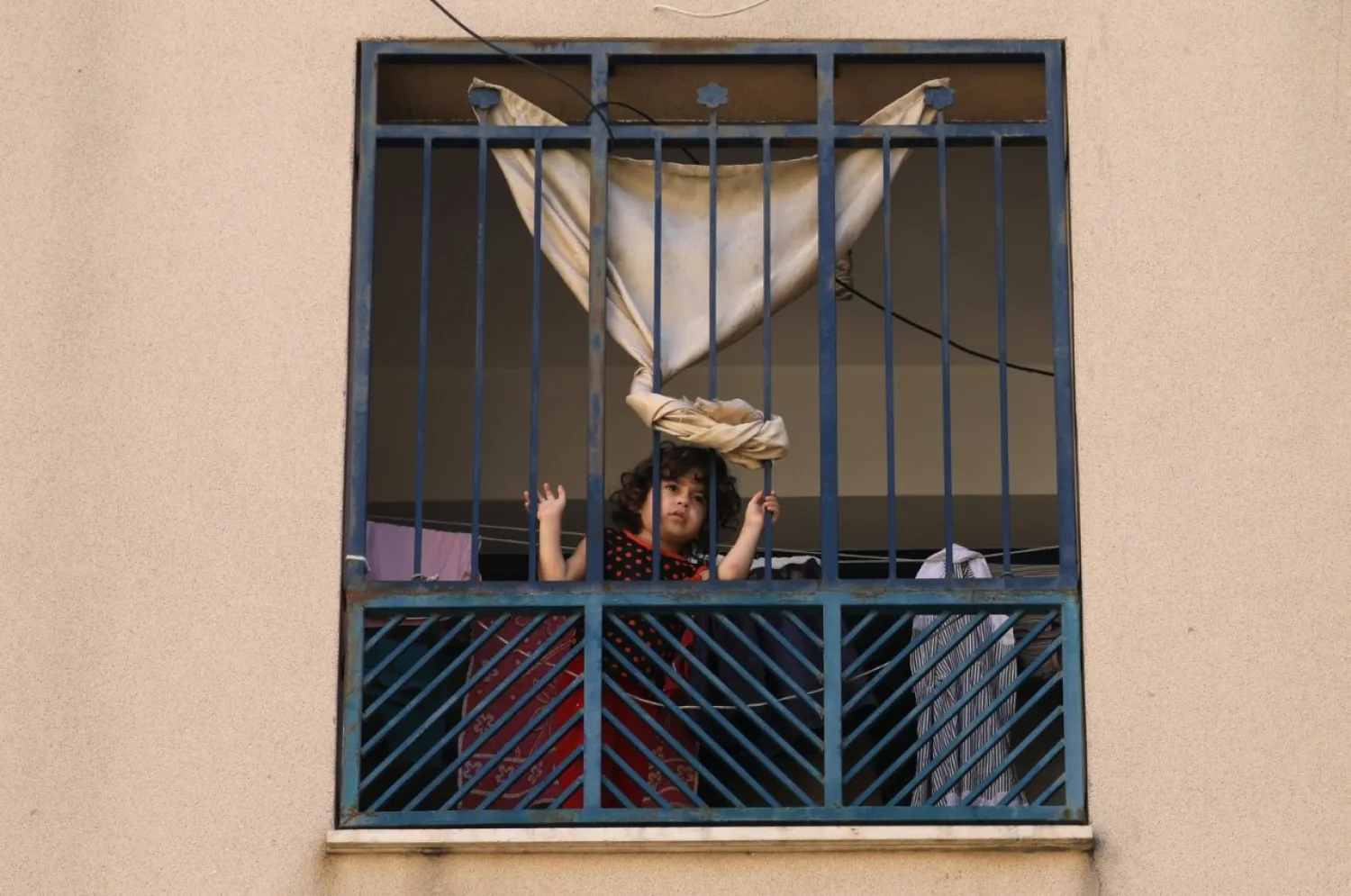The Euro-Mediterranean Human Rights Monitor sent a letter to EU diplomats and ambassadors in the Palestinian Territories to protest a European diplomatic delegation’s visit to Israel’s southern region, while snubbing the Gaza Strip.
This visit may consequently confer legitimacy on Israel’s brutal practices against Gaza’s population, it noted.
The Monitor said it sent a letter to "a group of consulates and diplomatic representations of the EU countries, headed by the Representative of the European Union in the Palestinian Territories, Sven Cohan von Burgsdorff, to protest against the recent EU diplomatic visit to the Southern region, on September 16, 2020."
“During the visit, EU diplomats in Israel met with the Southern Command of the Israeli forces that is accused of committing acts that may mount to war crimes while overlooking the suffering of more than two million Palestinians on the other side of the border,” the Euro-Med Monitor revealed on its website.
The letter added that "EU diplomats met with the Southern Command of the Israeli Forces and reviewed the challenges faced by the Israeli residential areas near Gaza, and the movement on Israeli crossings in with Gaza Strip."
The policy of collective punishment cannot in any way contribute to bringing peace and stability, it stated. The letter added that restrictions and siege can only bring about more frustration and violence.
The Euro-Med Monitor invited EU officials to visit the Gaza Strip and to see the devastation and destruction the residents of the impoverished enclave continue to experience.
Israel has been imposing a land, air, and sea blockade on the Gaza Strip for the past 14 years, which has caused poverty and unemployment for more than half of the territory's residents.









